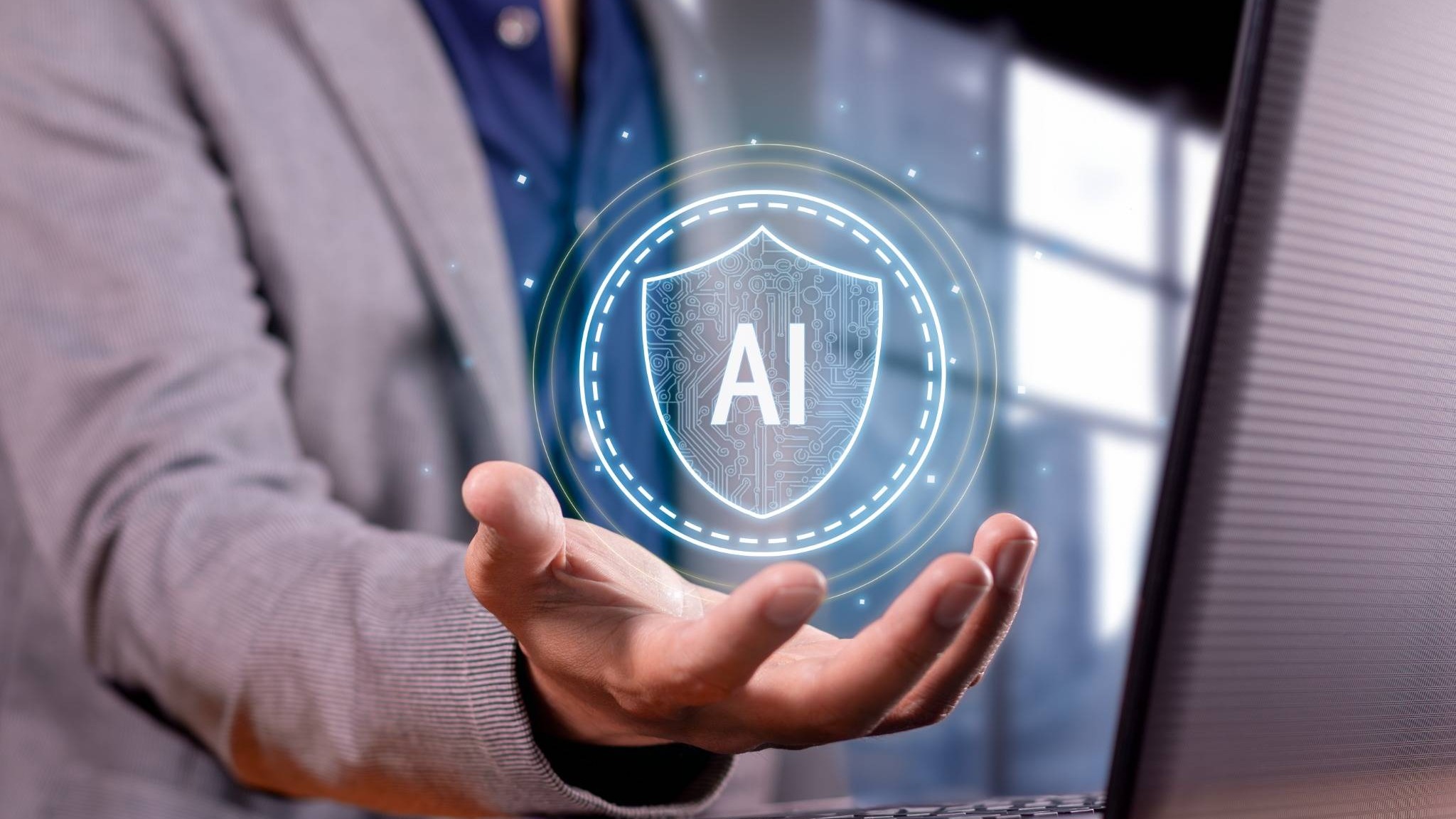
Understanding AI’s Rapid Progress and New Benchmarks
The 2025 AI Index Report from Stanford has revealed significant developments in AI technologies, highlighting that AI's capabilities are advancing at a pace that continues to outstrip existing evaluation benchmarks. One of the striking trends identified by expert Vanessa Parli is the remarkable performance improvement of AI models on newly introduced benchmarks such as MMMU, GPQA, and SWE-bench. Just a year after their unveiling, these benchmarks saw performance surges of 18.8%, 48.9%, and 67.3% respectively. This sharp increase raises vital questions about the accuracy and relevance of current benchmarking in evaluating AI systems.
Experts caution that the excitement surrounding these advancements might overshadow the need to address fundamental ethical concerns. Ash Minhas emphasizes that in the rush to meet these benchmarks, there is a genuine risk of developing models that perform impeccably on tests but fail to operate effectively in real-world scenarios. This emphasizes the importance of not merely training algorithms to excel on benchmarks but ensuring they are competent in practical applications.
AI's Transformation of Healthcare
The report signals the substantial influence AI is exerting in the field of healthcare. Experts note that the FDA approved 223 AI-enabled medical devices in 2023, a remarkable leap from just six in 2015. This trend evidences the integration of AI into vital sectors, showcasing its potential to revolutionize patient care and scientific research. Yet, as the adoption of these AI technologies in medical settings quickens, questions about the adequacy of existing expertise to validate these products arise. The rapid pace of innovation necessitates a workforce equipped to understand and implement these new technologies effectively.
Business Trends: AI as a Central Driver of Innovation
AI's role in commercial landscapes has marked a distinct evolution, transitioning from an ancillary technology to a cornerstone driver of corporate value. Total corporate investment in AI surged to an impressive USD 252.3 billion in 2024, reflecting a broad recognition of its transformative potential. With nearly 12% growth in private investments and a strategic uptick in mergers and acquisitions, businesses are compelled to harness AI to enhance productivity and streamline operations. However, Minhas notes the disparity between rapid technological advancements and slower organizational adaptation, posing challenges for companies attempting to fully integrate AI solutions into their operational frameworks.
The Future: AI's Influence on Workforce Dynamics
As AI technologies become mainstream, the implications for workforce management and talent development are profound. The anticipated rise of agentic AI—intelligent systems that can operate autonomously—suggests a significant shift in roles and responsibilities within organizational structures. HR professionals, operations leaders, and corporate trainers must pivot towards upskilling employees to adapt to this new landscape. AI-powered tools are not merely augmenting capabilities but are fundamentally transforming job requirements across sectors, calling for a rethink of traditional talent management strategies.
Conclusion and Next Steps
In light of the findings from the 2025 AI Index Report, it is imperative for professionals across sectors to remain informed and adaptable. As AI continues to reshape the future of work, proactive engagement in upskilling and ethical considerations will be crucial. Embracing these changes equips organizations to thrive in an increasingly automated world.
To stay ahead in this evolving landscape, consider how AI can be leveraged to enhance your workplace and navigate the complexities of human-technology collaboration. Be a leader in AI integration by exploring innovative technologies and upskilling your workforce. Understanding AI productivity not only enhances business operations but also prepares your team for the future.
 Add Row
Add Row  Add
Add 




Write A Comment